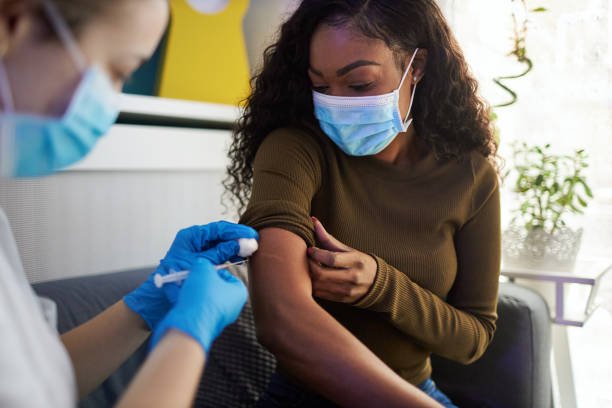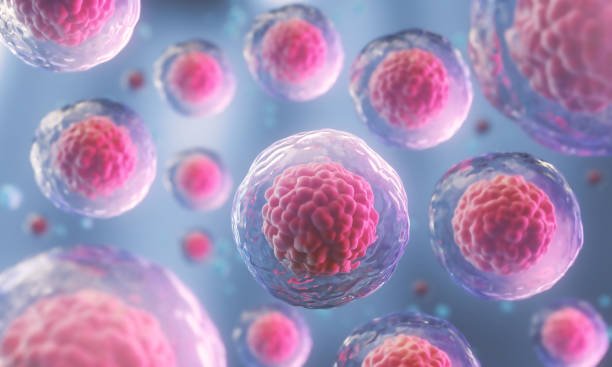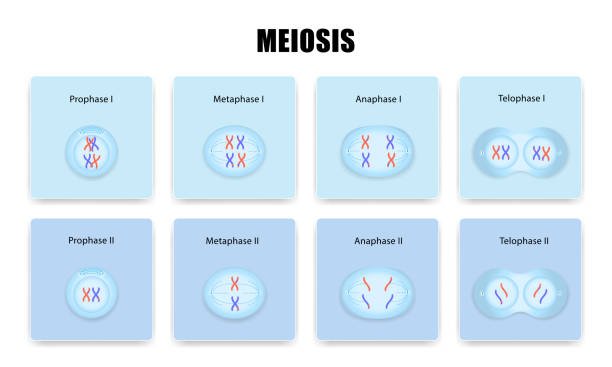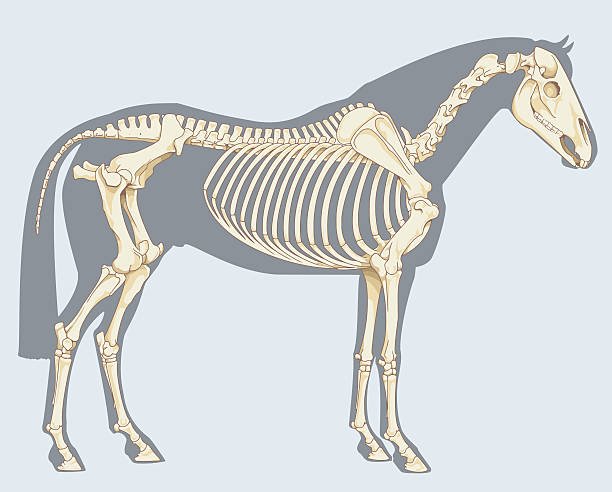How do Vaccines Work to Protect us from Various Diseases: Vaccines have been one of the most effective tools in preventing the spread of infectious diseases. They work by training the immune system to recognize and fight off harmful pathogens such as viruses and bacteria. This helps the body to build immunity to these diseases, preventing future infections.
Different Types of Vaccines
There are several different types of vaccines, each designed to protect against specific diseases. Some of the most common vaccines include:
- The measles, mumps, and rubella (MMR) vaccine: This vaccine helps to protect against three highly contagious diseases – measles, mumps, and rubella. It is usually given to children between the ages of 12 and 15 months and then again between the ages of 4 and 6 years.
- The polio vaccine: This vaccine helps to protect against the poliovirus, which can cause severe paralysis and even death. It is usually given to children between the ages of 2 and 6 years.
- The flu vaccine: This vaccine helps to protect against the flu virus, which can cause severe illness and even death. It is usually given to people at high risk of complications from the flu, such as the elderly and people with chronic health conditions.
- The HPV vaccine: This vaccine helps to protect against human papillomavirus, which can cause cervical cancer and other types of cancer. It is usually given to girls and boys between the ages of 9 and 12 years.
- The hepatitis B vaccine: This vaccine helps to protect against the hepatitis B virus, which can cause liver damage and even cancer. It is usually given to babies at birth and to people at high risk of infection.
How do Vaccines Work to Protect us from Various Diseases
When a person receives a vaccine, a small amount of the disease-causing pathogen is introduced into the body. The immune system recognizes the pathogen as foreign and begins to produce antibodies to fight it off. These antibodies remain in the body, providing immunity against the disease in the future.
It’s important to note that vaccines do not provide 100% protection. However, they do greatly reduce the risk of infection and the severity of the disease if contracted. Additionally, herd immunity is also important. When a high percentage of the population is vaccinated against a disease, it creates a barrier of protection around those who cannot be vaccinated, such as infants and people with compromised immune systems.
Video: How do vaccines protect us from infection?
Question and Answers on Vaccines
Q: Are vaccines safe?
- Answer: Yes, vaccines are safe. They go through rigorous testing and clinical trials before they are approved for use.
Q: Are there any side effects from vaccines?
- Answer: Some people may experience mild side effects from vaccines such as pain or swelling at the injection site, or a low-grade fever. These side effects are usually short-lived and do not cause long-term health problems.
Q: Are there any risks associated with getting vaccinated?
- Answer: The risks associated with getting vaccinated are very low. The benefits of vaccination far outweigh the risks.
Q: Can vaccines give you the disease they are meant to protect against?
- Answer: No, vaccines do not give you the disease they are meant to protect against. They work by training the immune system to recognize and fight off harmful pathogens.
Q: Is it safe to get multiple vaccines at once?
- Answer: Yes, it is safe to get multiple vaccines at once. The immune system can handle multiple vaccines and it is often more convenient to get them all at once.
In conclusion, vaccines are an essential tool in preventing the spread of infectious diseases. They work by training the immune system to recognize and fight off harmful pathogens, providing immunity against the disease in the future. Vaccines are safe and have been rigorously tested and are a crucial step in maintaining





